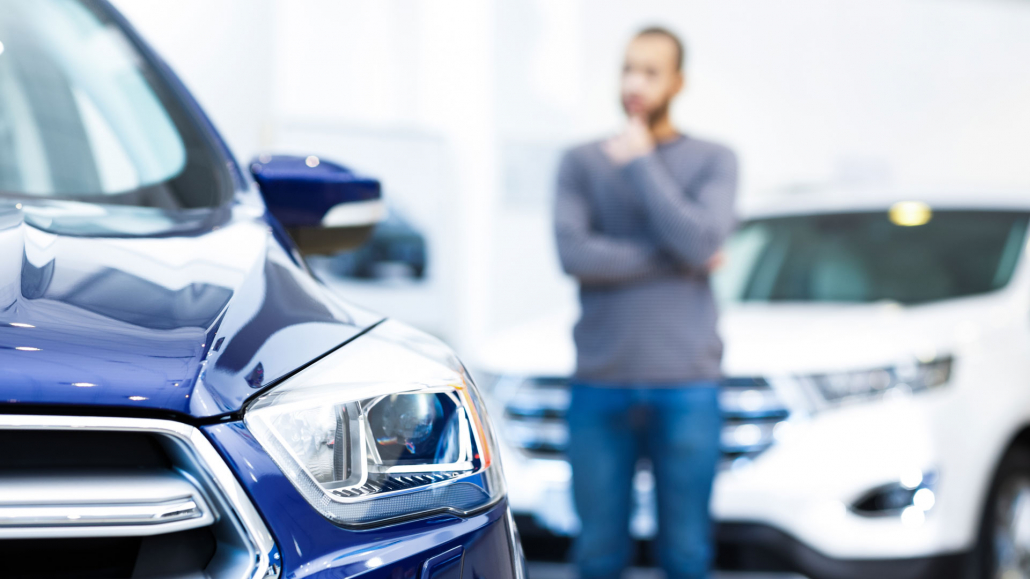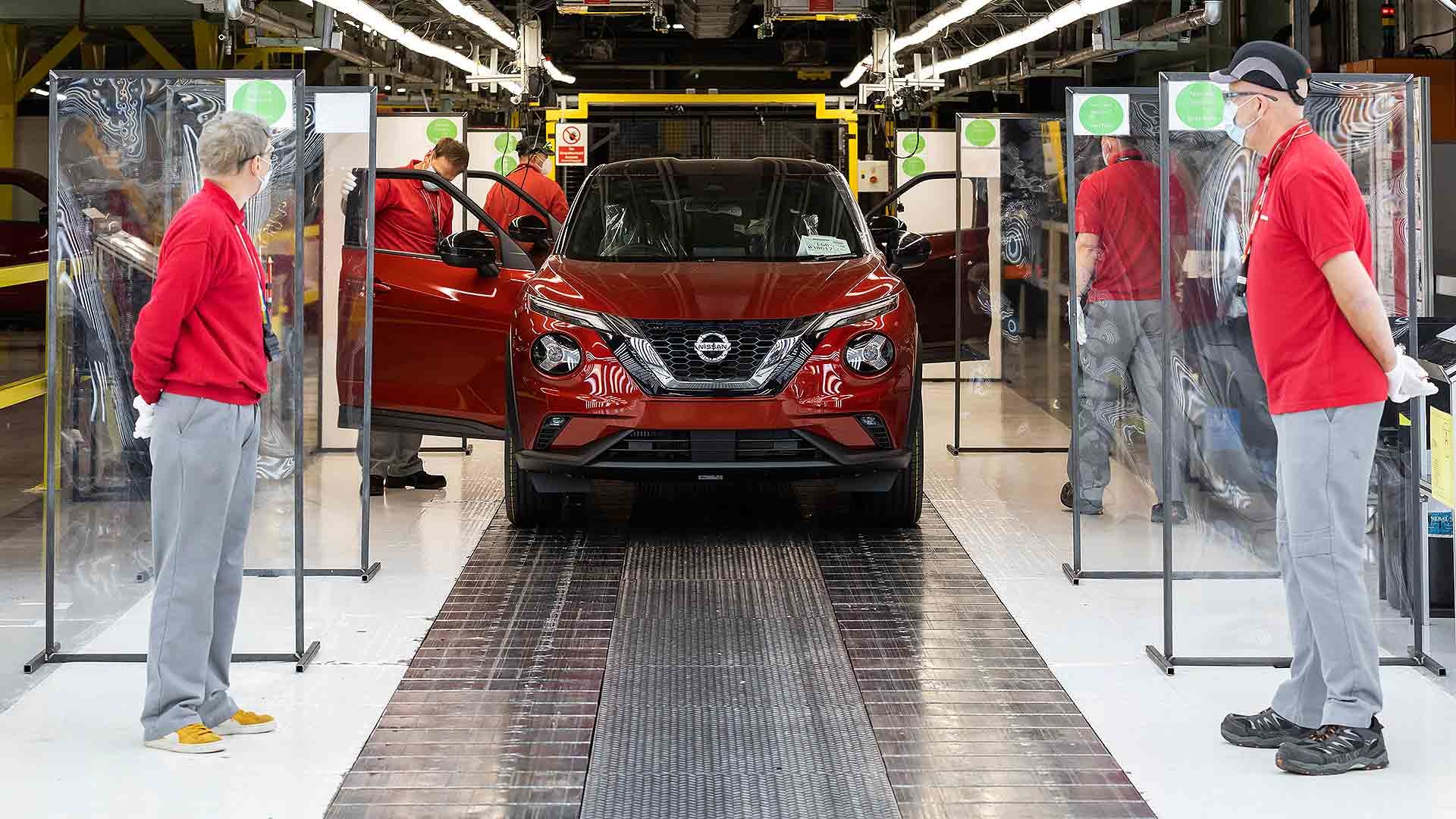
New petrol and diesel cars will be banned from sale in the UK from 2030, the government has confirmed.
This was confirmed by Boris Johnson in an article for the Financial Times. Sales of some hybrid cars will continue until 2035.
“We’ll invest more than £2.8bn in electric vehicles, lacing the land with charging points and creating long-lasting batteries in UK gigafactories,” said the prime minister. “This will allow us to end the sale of new petrol and diesel cars and vans in 2030.
“However, we will allow the sale of hybrid cars and vans that can drive a significant distance with no carbon coming out of the tailpipe until 2035.”
There is no clarification on what constitutes a ‘significant distance’, but sales of plug-in hybrids are likely to be permitted until 2035. Regular hybrids and mild hybrids will be banned.
‘Reassuring customers’

In response to the announcement, Mike Hawes, SMMT chief executive, said: “We share government’s ambition for leadership in decarbonising road transport and are committed to the journey. Manufacturers have invested billions to deliver vehicles that are already helping thousands of drivers switch to zero, but this new deadline, fast-tracked by a decade, sets an immense challenge.
“Success will depend on reassuring consumers that they can afford these new technologies, that they will deliver their mobility needs and, critically, that they can recharge as easily as they refuel. For that, we look to others to step up and match our commitment. We will now work with government on the detail of this plan, which must be delivered at pace to achieve a rapid transition that benefits all of society, and safeguards UK automotive manufacturing and jobs.”
RAC head of policy Nicholas Lyes said: ““With the government formally bringing forward the date for banning the sale of new petrol and diesel cars to 2030, the car industry and those responsible for charging infrastructure now have an enormous task on their hands.
“Production lines that for decades have been set up to build cars powered with internal combustion engines will have to be transformed to allow manufacturers to profitably build a wider range of EV models in sufficient quantities. Meanwhile the country’s public charging network will need to grow exponentially to cater for the surge in EVs on the road.”
‘Hates its people

Not everybody is supportive of the ban. James Ruppert, a leading motoring journalist, said “the government are coming for every vehicle that doesn’t need an AA battery – and it will be sooner rather than later.”
He argued that “if electric cars were so brilliant, everyone would go out and buy them. Instead they are subsidised by everyone who can’t afford them”. In a damning assessment of the government, Ruppert said: “We have a government that is out of control, hates its people and in particular the drivers who pay for pretty much everything.”
Our Richard Aucock has written an extensive guide to the 2030 new petrol and diesel car ban, which will be updated with any fresh developments.
ALSO READ:
6 surprising ways to cut the cost of car insurance
Good read. Love that countries are taking this serious. Seeing how California followed suit speaks that this going to be huge.